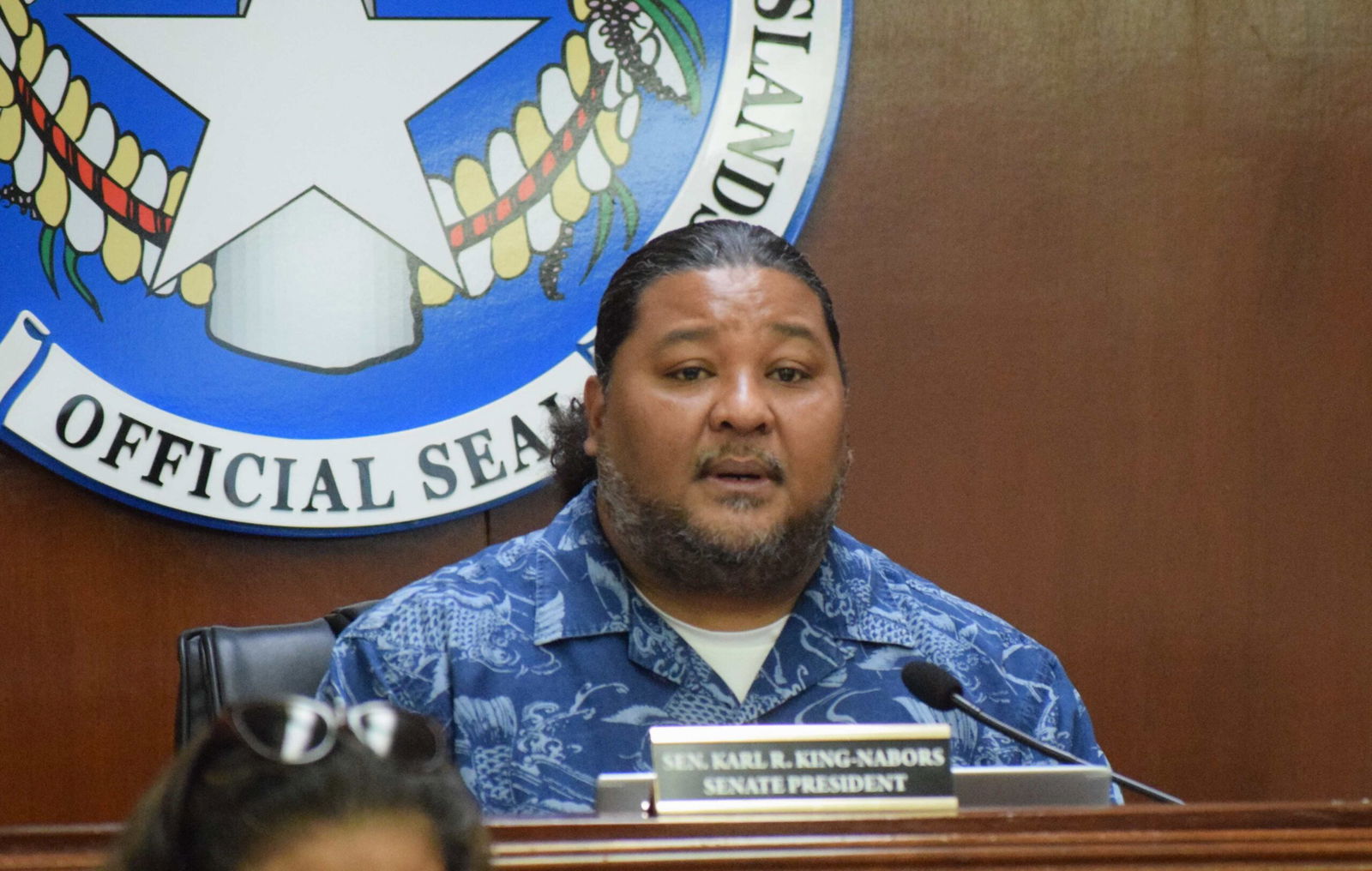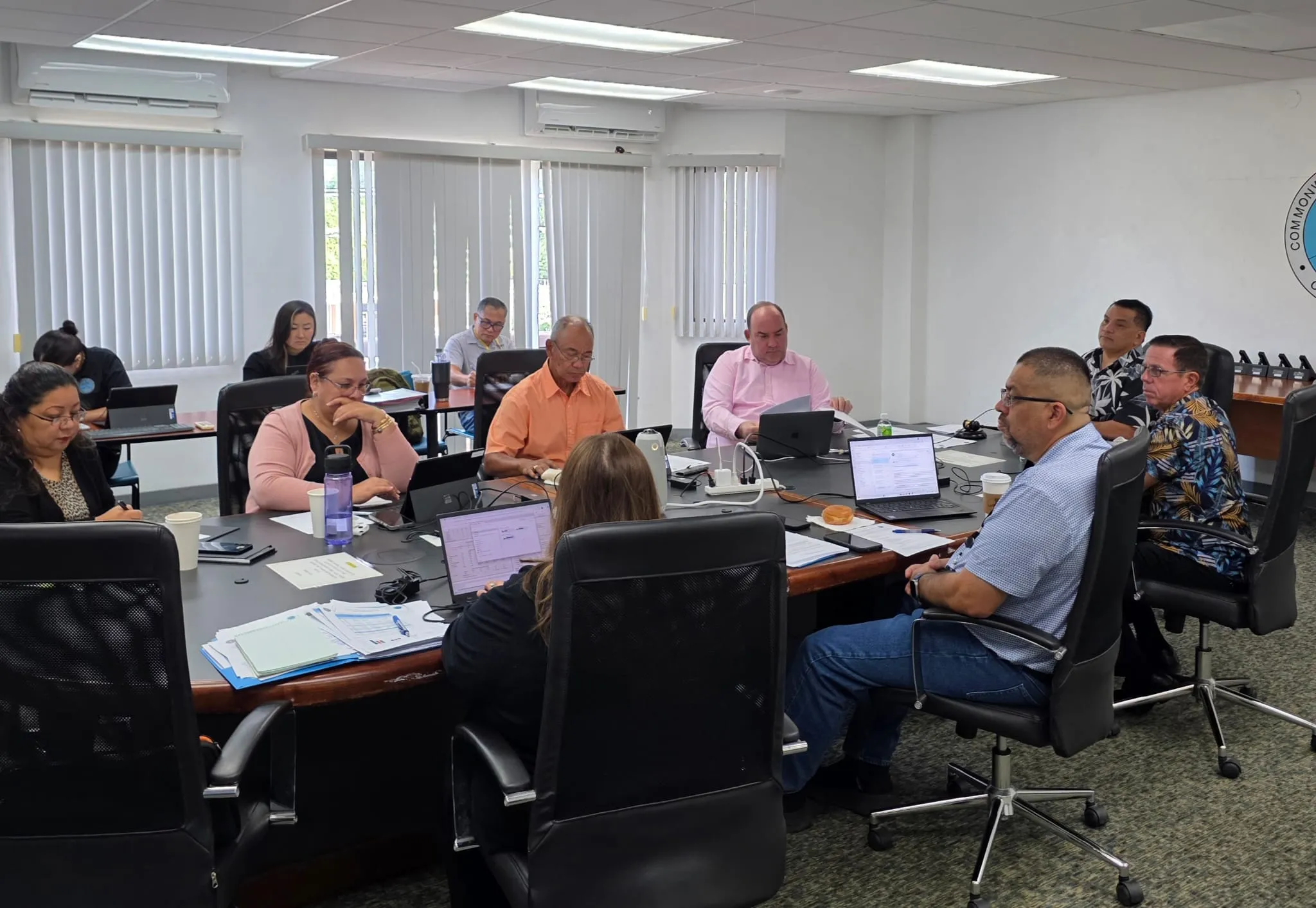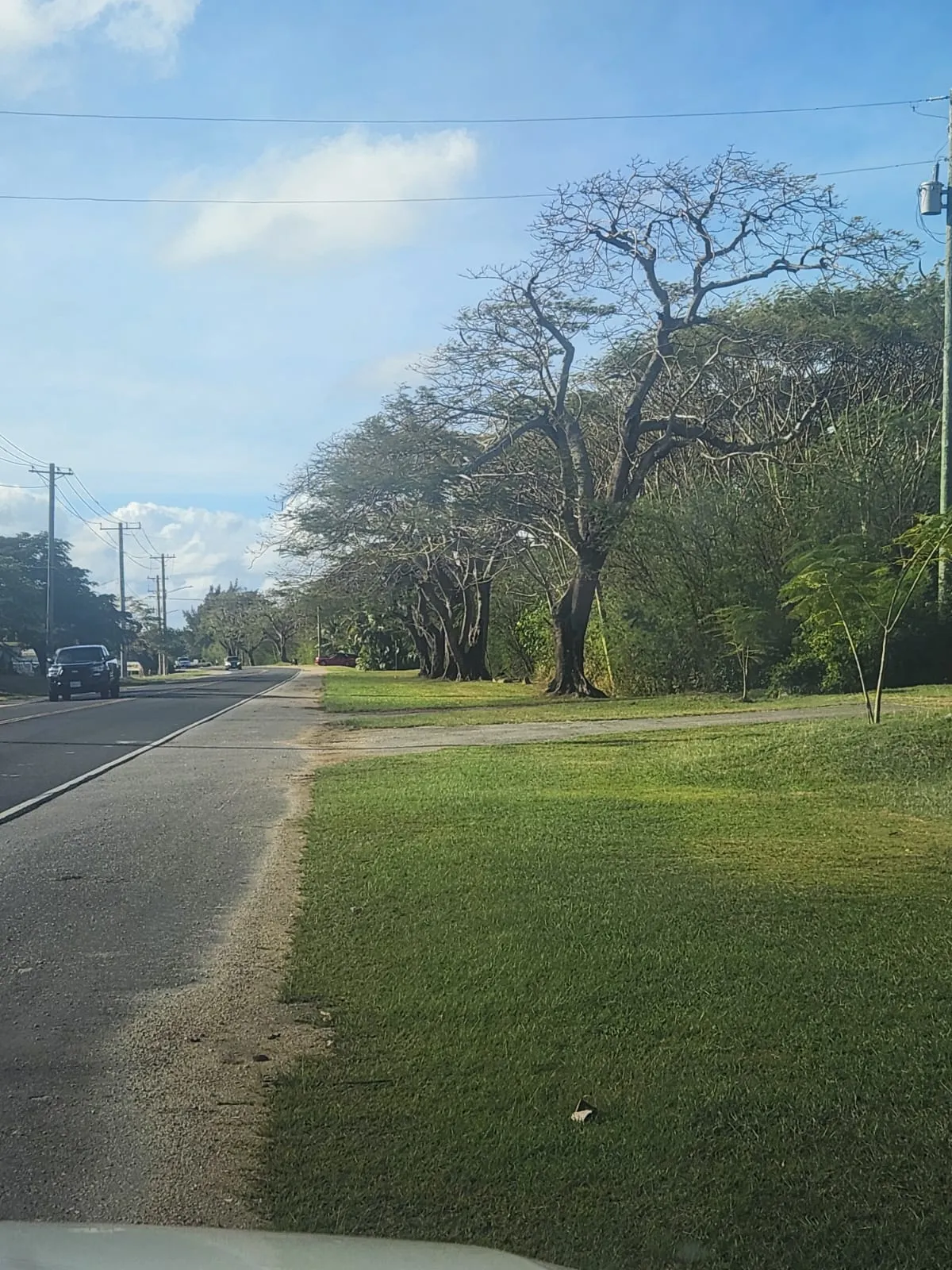
By Emmanuel T. Erediano
emmanuel@mvariety.com
Variety News Staff
SENATE President Karl King-Nabors on Tuesday pre-filed Senate Bill 24-53 to prohibit the Office of the Attorney General from issuing criminal investigative subpoenas.
The bill, which King-Nabors will introduce during the Senate session on Monday, Dec. 1, 2025, also seeks to bar the OAG from adopting regulations that allow it to issue investigative subpoenas unless explicitly authorized by CNMI law or a CNMI judicial officer.
King-Nabors’ pre-filing of the bill came after CNMI defense attorneys submitted comments and supporting documents opposing the OAG’s proposed regulations establishing the use of investigative subpoenas.
In a joint letter dated Nov. 9, 2025, Robert T. Torres, Esq., and 15 other attorneys also asked Attorney General Manibusan to withdraw the regulations “in the strongest possible terms” because they were proposed without constitutional or statutory authority.
On Oct. 15, 2025, the OAG published a public notice in the Commonwealth Register on the proposed regulations regarding its use of investigative subpoenas. Public comments must be submitted to the OAG within 30 days, and the regulations would become effective 10 days after adoption and publication in the Commonwealth Register.
S.B. 24-53 states that the CNMI Constitution does not explicitly grant the attorney general any power to issue investigative subpoenas.
It recognizes the AG’s role as chief legal officer of the Commonwealth government — providing legal advice to the governor and executive departments, including public corporations and autonomous agencies; representing the CNMI government in all legal matters; and prosecuting violations of Commonwealth law — but the bill says that a plain reading of the constitutional provision indicates “there is no explicit language granting the Attorney General the ‘power to issue criminal investigative subpoenas’ in any part or subsection of Article III, Section 11” of the CNMI Constitution.
Moreover, Article III, Section 11 does not include language granting the AG “inherent powers,” as claimed in the proposed regulations.
On the contrary, S.B. 24-53 states that in In re San Nicolas, 2013 MP 8 (June 28, 2013), the CNMI Supreme Court opined that the AG’s power to prosecute is not absolute.
“Until such time that the CNMI Constitution is amended or a CNMI law is enacted to grant the Attorney General the explicit power to issue general criminal investigative subpoenas, the Attorney General must continue with the current system of constitutional checks and balances — compelling the testimony of witnesses or the production of documents upon probable cause reviewed by a judicial officer,” S.B. 24-53 states.
Emmanuel “Arnold” Erediano has a bachelor of science degree in Journalism. He started his career as police beat reporter. Loves to cook. Eats death threats for breakfast.











